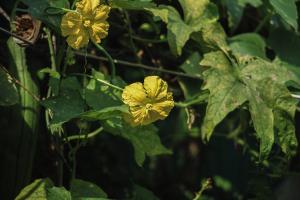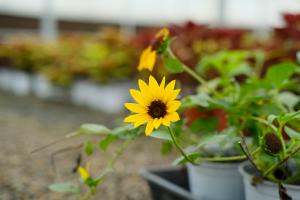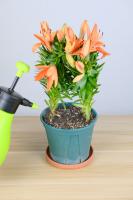Introduction
Resin planters have become increasingly popular over the years as an alternative to traditional planters made of materials like clay, ceramic, and stone. However, there are often concerns about whether resin planters are good for plants. In this article, we'll explore the advantages and disadvantages of using resin planters for your plants.
Advantages of Resin Planters
One of the main advantages of resin planters is that they are lightweight and easy to move around. This makes them a great option for those who like to rearrange their plants frequently or those who live in areas with extreme weather conditions, such as high winds or frequent storms.
Another advantage of resin planters is that they are durable and long-lasting. They are resistant to cracks and chips and do not easily break, even if dropped or bumped against hard surfaces. This makes them a great investment for those who want to enjoy their plants for many years to come.
Resin planters are also available in a variety of colors, styles, and sizes, allowing you to choose one that complements your home's décor and matches your aesthetic preferences. You can find options that mimic the look and texture of other materials or opt for a modern, sleek style that will make your plants stand out.
Disadvantages of Resin Planters
While resin planters have many advantages, there are also some drawbacks to consider. One of the main disadvantages of using resin planters is that they are not biodegradable. This means that they do not decompose over time and can have a negative impact on the environment if not disposed of properly.
Another disadvantage of resin planters is that they are not as breathable as other materials, such as clay or terracotta. This means that they can have a negative impact on the soil's moisture level and air circulation, potentially leading to root rot or other issues if not monitored closely.
Finally, resin planters may not be as aesthetically pleasing as other materials, such as handmade ceramic pottery or natural stone. While there are many styles and colors available, resin planters may not provide the same level of visual appeal and texture as other options.
Conclusion
Overall, resin planters can be a great option for those looking for a durable, long-lasting planter that is easy to move and available in a variety of colors and styles. However, it is important to consider the potential drawbacks, such as the lack of breathability and the impact on the environment if not disposed of properly.
Ultimately, the decision to use a resin planter will depend on your personal preferences and specific needs. Consider the pros and cons carefully before making a decision and always ensure that your plants are thriving in their new home.

 how many times do yo...
how many times do yo... how many planted tre...
how many planted tre... how many pine trees ...
how many pine trees ... how many pecan trees...
how many pecan trees... how many plants comp...
how many plants comp... how many plants can ...
how many plants can ... how many plants and ...
how many plants and ... how many pepper plan...
how many pepper plan...






























